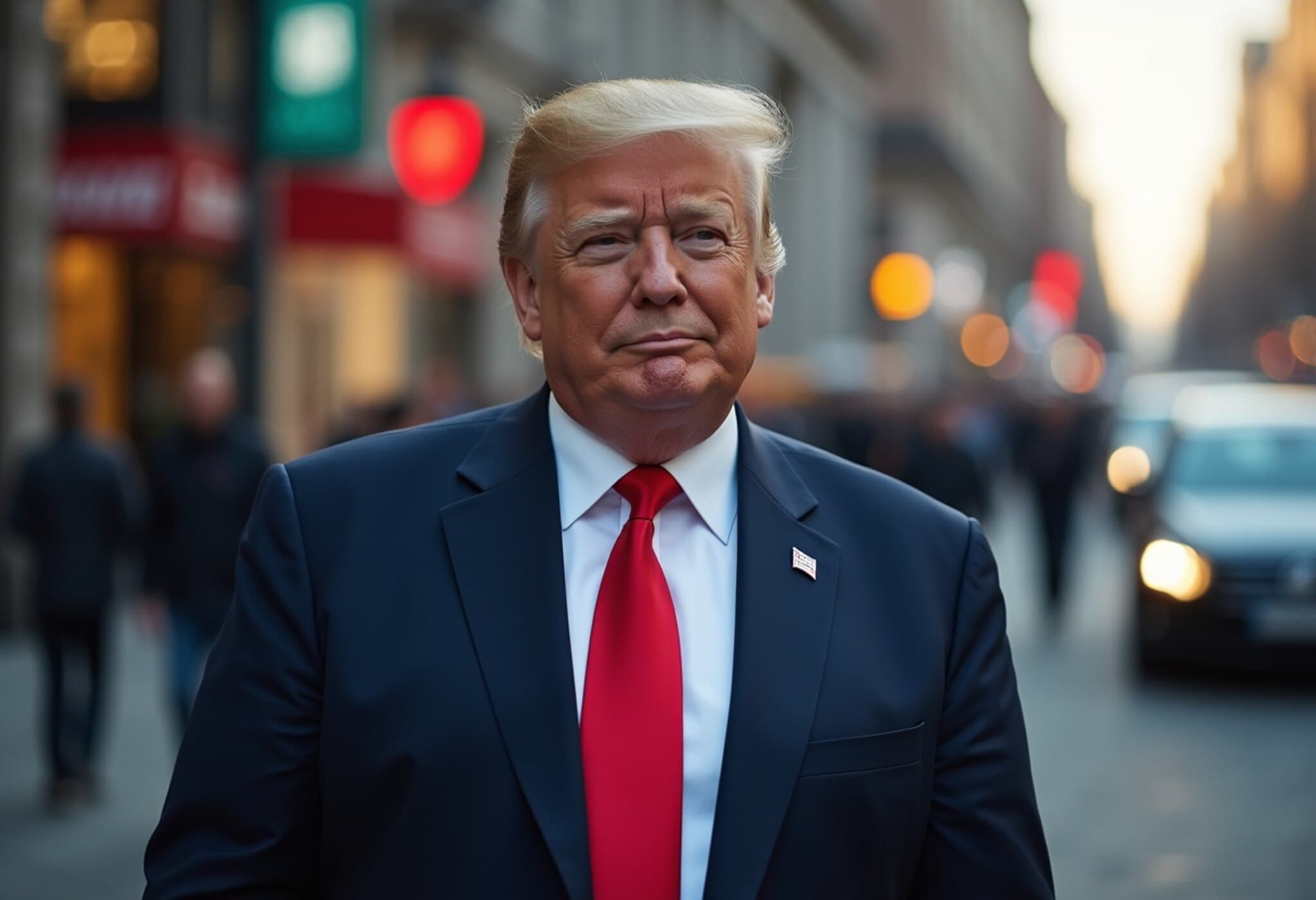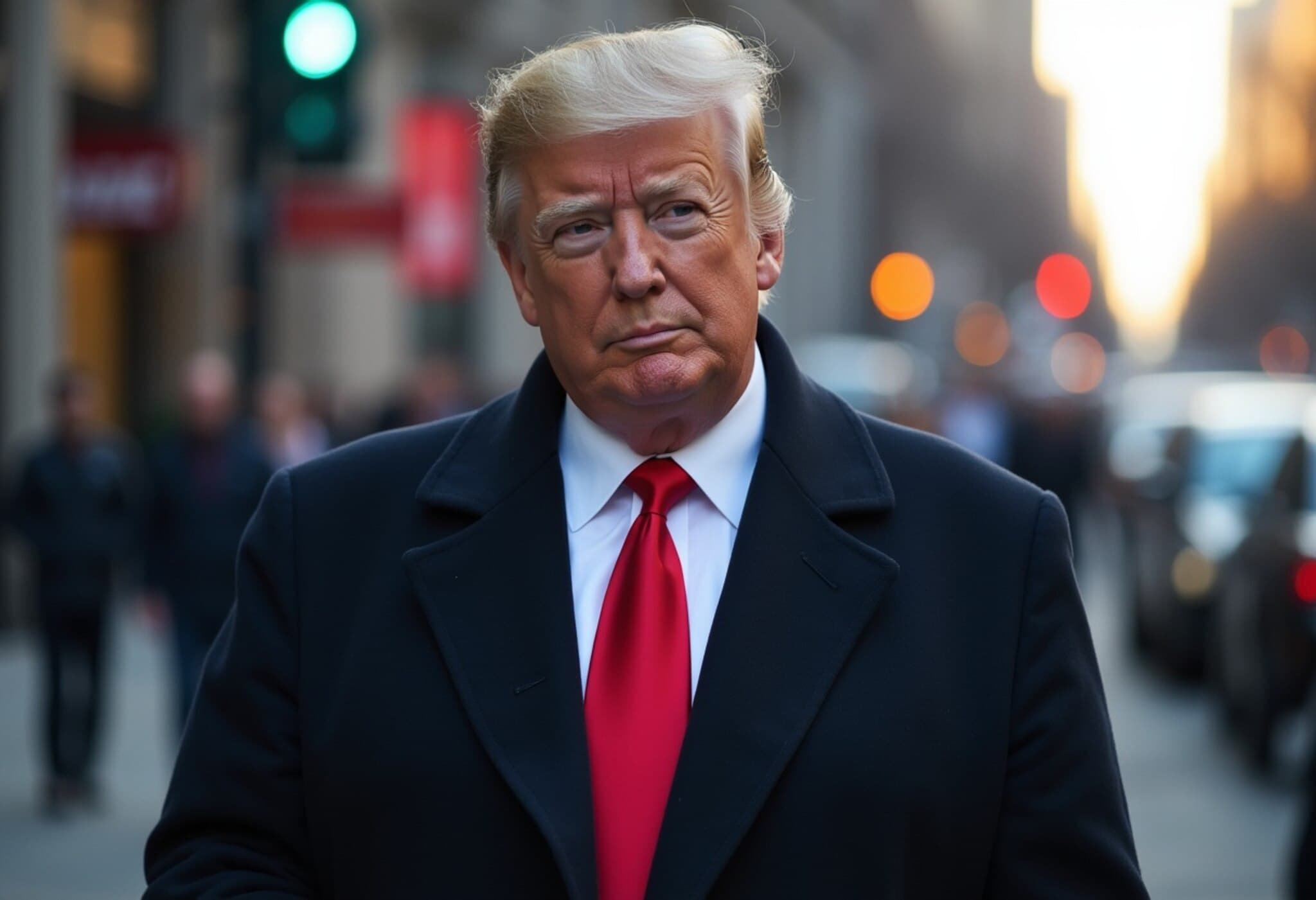FTSE 100 Climbs to Record Peak: What It Means for Investors
London’s FTSE 100 index recently soared to an all-time intraday high, signaling renewed investor confidence amid a complex international economic landscape. This milestone, achieved after four consecutive days of gains, has sparked speculation among market experts that the traditionally undervalued U.K. stock market might still have more room to run.
Strong Year-to-Date Performance Despite Challenges
So far in 2025, the FTSE 100 has surged 12.4%, edging out major U.S. benchmarks like the S&P 500, which is up nearly 10%, and the Dow Jones Industrial Average, which has climbed 5.6%. Even the tech-heavy Nasdaq Composite matches the FTSE’s gain at 12.4%, yet the U.K. index’s solid showing is notable given its composition and the prevailing skepticism around the British economy.
Compared with global counterparts, the FTSE 100 trails behind stellar performances by Germany's DAX (+22.6%) and Spain's IBEX 35 (+32%), yet it outperforms other European indices including Switzerland’s SMI, Sweden’s OMX Stockholm 30, France’s CAC 40, and the Stoxx 600.
Market Dynamics: Why the FTSE Is Back in Favor
Experts emphasize several factors fueling the FTSE’s resurgence. Russ Mould, Investment Director at AJ Bell, highlights the attractive dividend yields and an ongoing wave of corporate takeovers as signals of underlying value in U.K. equities. "What was once unloved can be undervalued," he says, underscoring that valuation remains the ultimate guide for investment returns.
Despite concerns over London’s appeal as a financial hub post-Brexit, and the exodus of companies seeking listings elsewhere, the FTSE’s focus on sectors like mining, energy, and financials—which account for a large portion of the index—has played to its advantage. These traditional industries have outperformed this year, partly benefiting from global macroeconomic conditions.
Geopolitical and Trade Factors Bolstering UK Equities
Paul Surguy, Managing Director at Kingswood Group, labels the FTSE 100 as "the market everyone loved to hate," noting its cheap valuations relative to the U.S. However, a pivotal factor is the U.K.’s trade relationship with the United States. Earlier this year, the U.K. became the first country to sign a trade agreement with Washington following the imposition of reciprocal tariffs by the Trump administration, softening the blow compared with other nations.
- The U.K. exports only about 2% of its GDP in goods to the U.S., limiting tariff exposure.
- The deal caps U.S. tariffs on British goods at 10%, lower than the charges faced by many other countries.
These trade conditions, combined with a global 'diversification away from U.S.' investment trend, position the FTSE as a strategic alternative. Mould refers to this as the "Sell America" or "Anywhere But the USA" movement—reflecting investors’ growing caution amid the U.S.'s unpredictable policies and concerns around federal debt.
Balancing Growth and Stability: Investor Perspectives
Yet, not all are uniformly bullish. Iain Barnes, Chief Investment Officer at Netwealth, acknowledges the FTSE’s strong performance but points out that much of this is driven by a handful of companies like banks, Rolls-Royce, and BAE Systems. This concentration implies that the rally might be less about optimism for the broader U.K. economy and more about sector-specific factors.
Barnes highlights the inherent value of the FTSE in a diversified equity portfolio due to its complementarity with faster-growing markets—particularly its yield generation and sizeable energy and material sectors that tend to outperform when others falter.
Nevertheless, Barnes reveals a strategic shift toward reducing FTSE exposure following its robust gains, redirecting capital toward the U.K. commercial property market—valued for its yield potential—and seeking growth prospects in Japan and emerging markets.
What Does the Future Hold for the FTSE 100?
The FTSE 100’s current trajectory reflects not just market optimism but also evolving geopolitical realities and investor appetite for diversification. As global inflationary pressures and U.S. policy uncertainties persist, the U.K. market’s traditional sectors may attract investors seeking stability and dividends. Meanwhile, questions remain about London’s long-term competitiveness in capital markets, especially given ongoing scrutiny of Brexit’s economic impact.
Investors and analysts will be watching closely to see whether the FTSE can sustain its momentum and how shifting global dynamics might further shape its prospects.
Editor’s Note
The FTSE 100’s milestone serves as a potent reminder that market narratives can pivot swiftly. Amid growing doubts about the U.K.'s economic future, underlying values in established sectors and nuanced geopolitical factors have reignited interest in London’s equity market. Yet, concentration risks and global competition warrant caution. Investors might consider this moment both an opportunity and a challenge: to balance the allure of steady dividends with the quest for growth in an uncertain world. How will Brexit’s long shadow and global trade tensions continue to influence the FTSE's fortunes? And as "Anywhere But the USA" sentiment grows, could London reclaim its place as a global financial powerhouse? Only time will tell, but the story unfolding is one every investor should watch closely.











